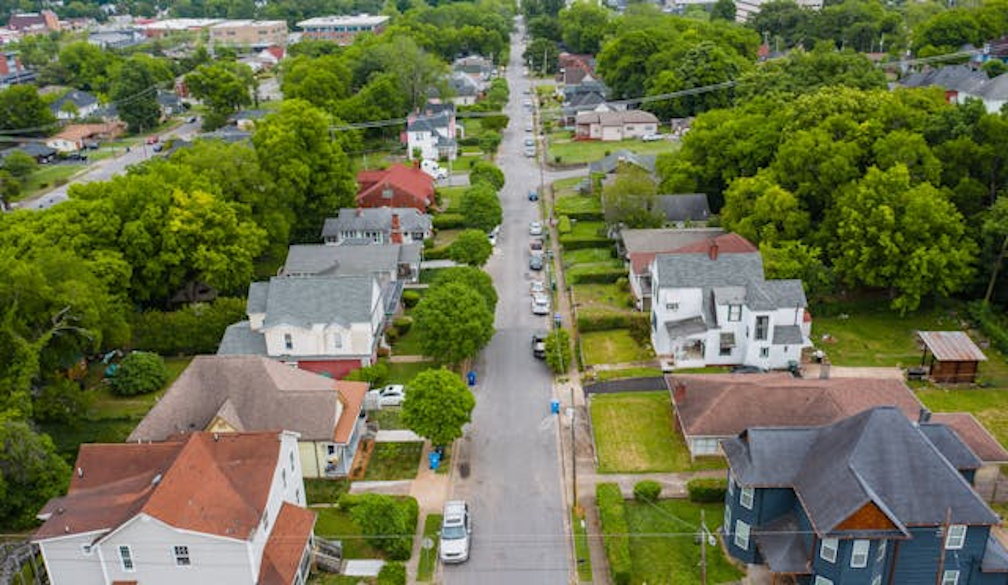Understanding the Factors That Affect Your Rental Property’s Value

So, you’ve taken the leap and become a landlord. Maybe it’s your first time, maybe you’ve just inherited a property, or maybe you’re testing the waters of real estate investing. Either way, welcome. Now comes the fun part, and that is figuring out what your property is actually worth in the world of rentals. And spoiler alert: it’s not just about whether the walls are freshly painted or if you’ve popped them in a dishwasher.
Condition and Presentation
Yes, you just replaced the blinds. But the condition is about more than cosmetic touches. Clean, modern kitchens and bathrooms go a long way, sure, but so does making sure nothing creaks, leaks or smells a bit suspicious. Tenants want somewhere that feels cared for. If your property looks like a neglected investment, people will treat it that way.
Fresh paint and decent flooring don’t have to cost the earth, but they can do wonders. And don’t forget to check your lighting. Bad lighting makes even the nicest places feel like a dungeon. Spend the forty bucks and get brighter globes, and you’ll be surprised to see how that goes in your favour.
Demand in the Area
Sometimes your rental value isn’t about what your property is like at all, but what else is around, and how much of it there is. Supply and demand are alive and well in the rental market. If there are heaps of similar nearby sitting empty, yours might struggle unless it stands out. On the flip side, if there’s not much around and people are lining up for open homes, you can get away with asking more.
Keep an eye on what similar properties are going for in your area. Don’t get stuck in fantasy land pricing, but also don’t undersell because you haven’t checked listings in six months. If you’re sceptical and want regular insights, getting a rental appraisal online every once in a while will keep you in the loop.
Market Conditions
We can’t really talk about value without touching on the economy, even if it makes your eyes glaze over. Interest rates, inflation, and employment rates shape what people can and will pay for rent. When interest rates go up, so do landlords’ mortgage repayments, which can lead to rent increases, but only if the market allows it. If tenants can’t afford more, they’ll move. Or worse, no one will apply.
So it’s a bit of a dance. You have to understand the bigger picture and sometimes hold tight rather than trying to push for an extra $30 a week when the market's already wobbling.
Tenant Type
Who you’re targeting also plays a role. Families, students, young professionals, and retirees have very different lives and very different priorities. A tiny two-bedder with no parking and a shoebox kitchen won’t appeal to a family, no matter how charming the courtyard is. But it might be gold for uni students or a young couple.
Understanding who’s likely to rent your place helps you shape not just the rent, but the entire pitch. Think about nearby schools, public transport, nightlife, or whether it’s peaceful enough for someone who doesn’t want any of that noise.
Extras and Amenities
We’re not talking about luxury pools or rooftop cinemas. But things like air conditioning, dishwashers, built-in wardrobes, and even NBN access can be value-boosters, especially in areas where the competition is fierce. Some tenants will pay more just to avoid installing their own portable AC.
Also, secure parking in the inner city is a massive win. A backyard that feels like an actual extension of the home is also cool. Think of it from the tenant’s perspective. If you’d pay extra for it, someone else probably would, too.
Legal Compliance and Safety
Smoke alarms, window locks, ventilation, and other safety features are not just nice-to-haves. They're legally required, and non-compliance can absolutely tank your value, not to mention leave you open to some seriously expensive consequences.
A safe and compliant home attracts better tenants, plain and simple. It also gives you a lot more peace of mind. Nobody wants to talk about compliance until something goes wrong, but being proactive now saves you stress later.
Conclusion
Owning a rental property is part investment, part caretaking, part business, and sometimes part heartbreak. But understanding what really affects your property's value takes a lot of the guesswork out of it. So, be smart, be thoughtful, and stay flexible. The market changes, renters’ needs shift, and your property might need to roll with the punches, too.





